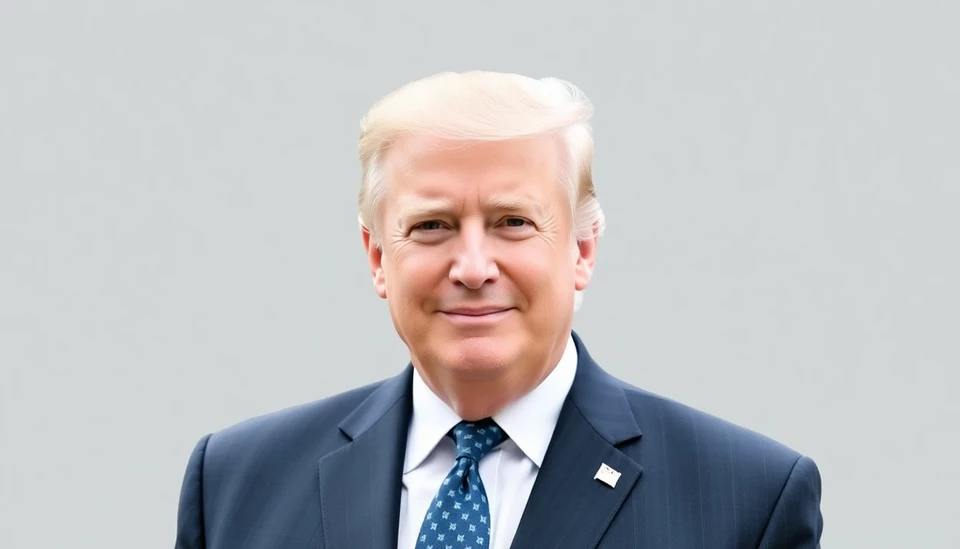
In a surprising turn of events, the prominent law firm Paul Weiss has opted to quietly eliminate its Environmental, Social, and Governance (ESG) section from its official website. This decision follows intensifying criticism from former President Donald Trump, who has continually vocalized his opposition to ESG principles, labeling them as detrimental to business and a form of 'woke' ideology.
Paul Weiss, recognized for its deep legal expertise and high-profile client base, has maintained a robust ESG framework that aligned with the growing trend among corporations to adopt sustainable and socially responsible practices. However, the pressures exerted by Trump and his supporters, who argue that ESG initiatives undermine shareholder value and promote a socially progressive agenda that deviates from traditional business practices, have evidently led to a re-evaluation of this stance by the firm.
Since Trump's intense rebuke of ESG metrics, which he sees as a politicization of business practices, other firms have also reconsidered their approach to ESG initiatives. Trump's approach has resonated with a significant base of corporate power, raising questions among legal and business circles about the future of ESG as a viable framework for corporate governance.
The removal of the ESG section from Paul Weiss’s website isn't just a superficial alteration; it signals a retreat from a once-prominent commitment to sustainability and ethical governance within the legal landscape. This shift may be interpreted as an alignment with a broader conservative business backlash against initiatives that prioritize social issues over traditional profit-driven metrics.
The decision has sparked considerable debate, as industry experts and commentators weigh in on the implications of this pivot. Some view it as a necessary response to the current political climate that favors a more traditional business approach, while others see it as a worrying trend that may lead to a reduction in corporate responsibility and accountability.
While the legal firm has not publicly commented on the motivations behind the removal of the ESG content, the broader implications of this move are being dissected across various platforms. Critics argue that such actions could embolden other firms to abandon their commitments to social responsibility, potentially reversing the progress made in corporate governance over the past decade.
This retreat from ESG ideals could also reverberate through public opinion and investor behavior, as more individuals and organizations begin to scrutinize the ethical practices of businesses. The long-term effects of this shift remain uncertain, but it certainly has set the stage for an ongoing dialogue about the role of social responsibility in the corporate world.
As the landscape continues to evolve, stakeholders in the corporate world are now left questioning whether adhering to ESG principles is a sustainable business strategy or a liability in a politically charged environment. Paul Weiss's decision serves as a critical case study that may influence the operations of legal and business entities navigating the complexities of ESG and its societal implications.
In conclusion, Paul Weiss’s recent moves reveal the intricate balance businesses must maintain between evolving societal expectations and the reactions from influential political figures. The implications of this decision could shape future strategies across various sectors, as firms grapple with the challenge of aligning their values with external pressures.
#PaulWeiss #ESG #TrumpCriticism #CorporateGovernance #BusinessEthics #Sustainability #WokeCapitalism
Author: Sophie Bennett
